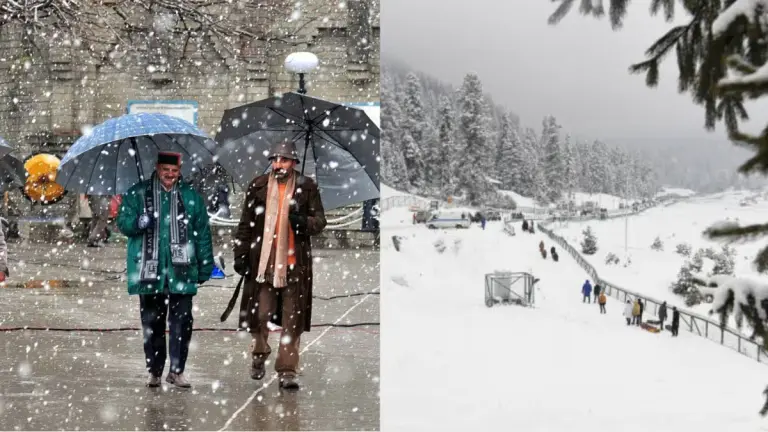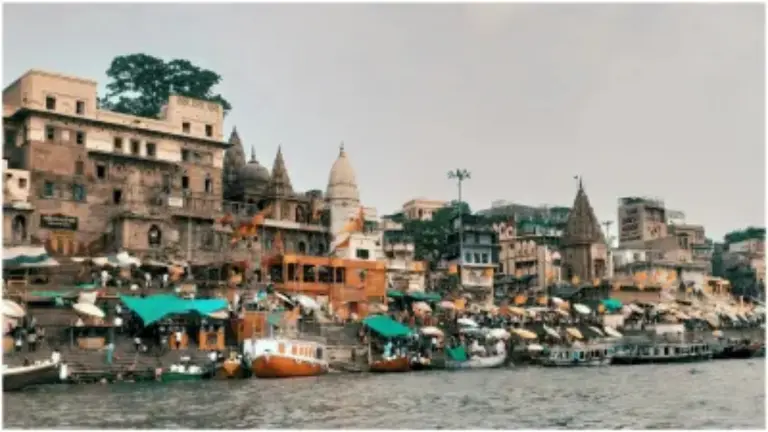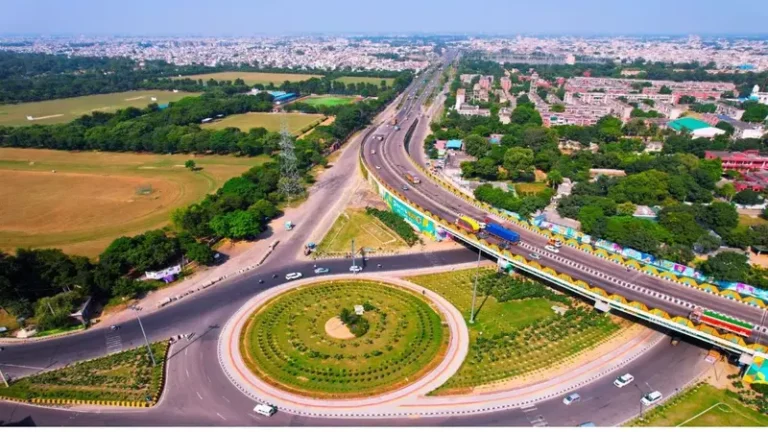Traveling can be an exciting and enriching experience, but it can also come with its fair share of challenges and hassles. To ensure a smooth and hassle-free journey, certain essential elements can make a significant difference.
In this article, we will explore the top five indispensable elements for hassle-free traveling in more detail.
Planning and Preparation while traveling
Proper planning and preparation are essential for a hassle-free travel experience. Here are some key aspects to consider:
a. Destination Research: Research your destination thoroughly to gather information about local customs, traditions, laws, and regulations. This knowledge will help you navigate the destination more effectively and avoid any cultural misunderstandings or faux pas.
b. Travel Documents: Ensure that you have all the necessary travel documents well in advance. This may include a valid passport, visas, travel insurance, and any other required permits or identification. Keep digital and physical copies of important documents as a backup.
c. Itinerary: Create a well-structured itinerary that outlines your travel plans, including transportation, accommodations, activities, and sightseeing. This will provide a clear roadmap and help you make the most of your time at the destination.
d. Accommodation and Transportation: Research and book your accommodations and transportation in advance to secure the best options and rates. Consider factors such as location, amenities, safety, and reviews from previous travelers.
e. Packing: Efficient packing is crucial for hassle-free travel. Make a checklist of essential items based on the duration and nature of your trip. Pack versatile clothing suitable for different weather conditions and activities. Don’t forget to include travel essentials such as toiletries, medications, chargers, adapters, and entertainment options.
f. Safety and Health Precautions: Prioritize your safety and health during travel. Familiarize yourself with any health risks or vaccinations required at your destination. Carry a basic first aid kit, any necessary medications, and travel insurance to handle any unforeseen circumstances.
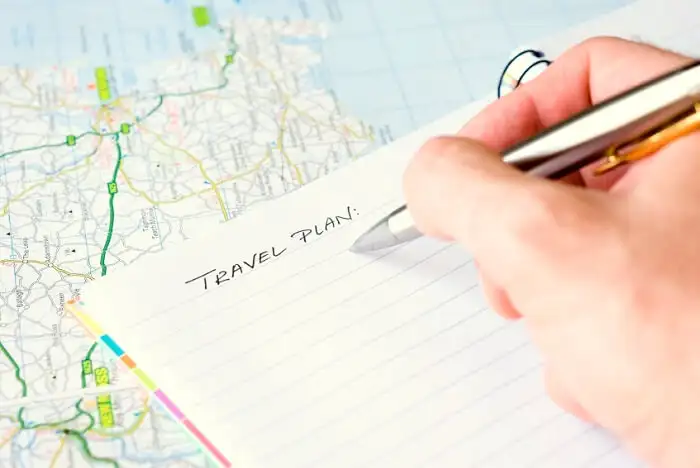
Communication
Effective communication plays a vital role in ensuring a smooth travel experience. Here’s how to facilitate communication during your journey:
a. Local Language Basics: Learn a few basic phrases and greetings in the local language of your destination. This effort can go a long way in building rapport and making connections with locals.
b. Mobile Connectivity: Ensure that you have a reliable means of communication while traveling. This may include activating international roaming on your mobile phone, purchasing a local SIM card, or using portable Wi-Fi devices. Check the network coverage and data plans available to stay connected with family, friends, and emergency services.
c. Offline Maps and Translation Apps: Download offline maps and translation apps on your smartphone. These tools can help you navigate and communicate even when you don’t have an internet connection.
d. Contact Information: Keep a list of important contact information, such as emergency services, local embassy or consulate, your accommodations, and any local guides or tour operators you may be using. Having these contacts readily available can be invaluable in times of need.
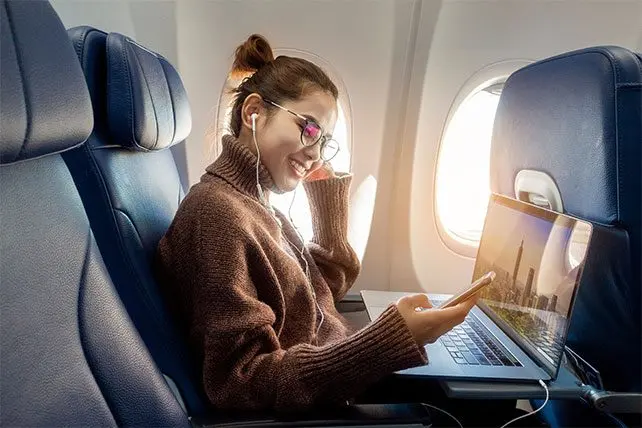
Money and Finances for traveling
Managing your money and finances effectively is crucial for a hassle-free travel experience. Consider the following:
a. Budgeting: Set a realistic budget for your trip, including accommodation, transportation, meals, activities, and souvenirs. Stick to your budget to avoid financial stress and unexpected expenses.
b. Currency Exchange: Familiarize yourself with the local currency and exchange rates before you travel. Determine the best options for exchanging your money, whether it’s at banks, exchange offices, or ATMs. Keep some local currency on hand for small expenses and emergencies.
c. Payment Methods: Explore the available payment methods at your destination. Credit and debit cards are widely accepted in many places, but it’s also advisable to carry some cash for places that may not accept cards.
d. Security Measures: Take precautions to safeguard your money and valuables. Consider using a money belt or a secure travel wallet to keep your cash, cards, and important documents safe. Be cautious when using ATMs or making financial transactions in public areas.

Safety and Security while traveling
Prioritizing safety and security is essential for a hassle-free travel experience. Here are some key considerations:
a. Travel Insurance: Purchase comprehensive travel insurance that covers medical emergencies, trip cancellations, lost baggage, and other unforeseen incidents. Read the policy details carefully to understand what is and isn’t covered.
b. Research Safety Conditions: Stay informed about the safety conditions at your destination. Check travel advisories and consult reputable sources for information on any potential risks, such as political instability, natural disasters, or health hazards.
c. Personal Safety Measures: Take common-sense precautions to ensure your personal safety. Be aware of your surroundings, avoid displaying signs of wealth, and keep your belongings secure. Research the local laws and customs to ensure you don’t inadvertently violate any regulations.
d. Emergency Preparedness: Familiarize yourself with emergency procedures and contacts at your destination. Know the location of the nearest hospital, embassy, or consulate. Keep important phone numbers readily accessible.
e. Traveling Alone: If you are traveling alone, inform someone you trust about your itinerary and check-in with them regularly. Stay in well-populated areas, especially at night, and consider joining group tours or activities for added safety.
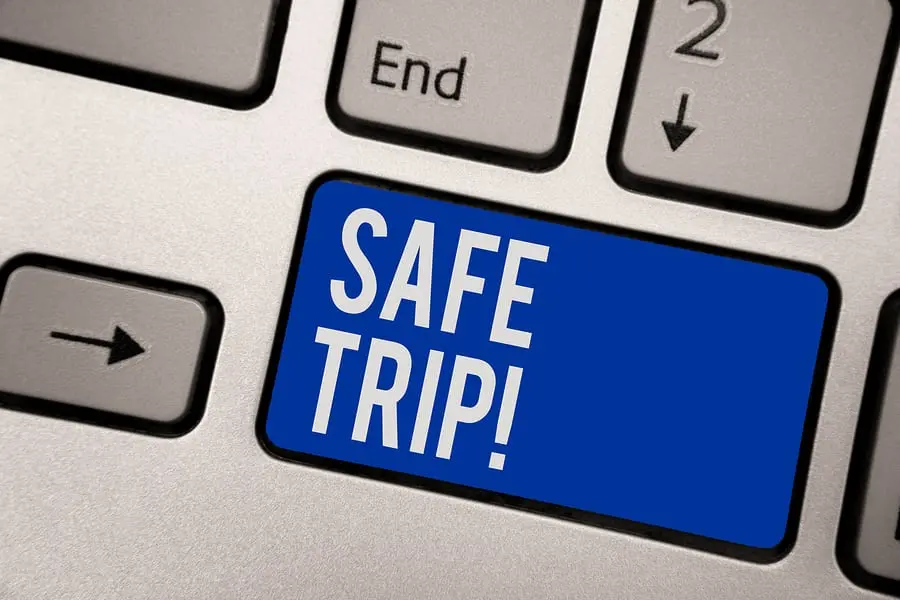
Flexibility and Adaptability
Maintaining flexibility and adaptability is crucial when traveling, as unexpected situations may arise. Here’s how to embrace these qualities:
a. Patience: Practice patience and understand that travel can sometimes be unpredictable. Flights may get delayed, accommodations may not meet expectations, or plans may change. Being patient and adaptable can help you navigate these situations more effectively.
b. Problem-Solving Skills: Develop problem-solving skills to overcome challenges that may arise during your trip. Stay calm, think creatively, and consider alternative solutions when faced with unexpected circumstances.
c. Cultural Sensitivity: Respect and embrace the local culture and customs of your destination. Show openness and a willingness to learn from different experiences. Adapt to local norms and behaviors to enhance your interactions with the locals.
d. Embracing the Unexpected: Some of the most memorable experiences while traveling come from unexpected encounters or detours. Embrace these moments and be open to new experiences and opportunities that may come your way.

In conclusion, a hassle-free travel experience requires careful planning, effective communication, financial management, safety measures, and a flexible mindset. By considering these indispensable elements and taking necessary precautions, you can enhance your travel experience and create lasting memories. Remember to embrace the journey, stay open to new experiences, and make the most of your time exploring the world.










